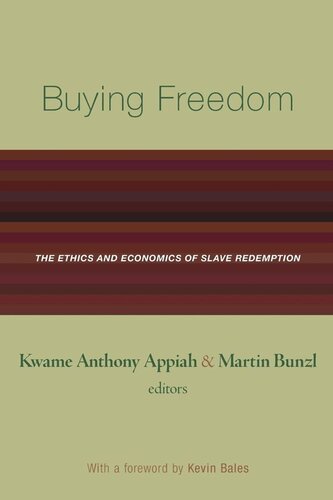

Most ebook files are in PDF format, so you can easily read them using various software such as Foxit Reader or directly on the Google Chrome browser.
Some ebook files are released by publishers in other formats such as .awz, .mobi, .epub, .fb2, etc. You may need to install specific software to read these formats on mobile/PC, such as Calibre.
Please read the tutorial at this link: https://ebookbell.com/faq
We offer FREE conversion to the popular formats you request; however, this may take some time. Therefore, right after payment, please email us, and we will try to provide the service as quickly as possible.
For some exceptional file formats or broken links (if any), please refrain from opening any disputes. Instead, email us first, and we will try to assist within a maximum of 6 hours.
EbookBell Team

4.7
86 reviewsIf "slavery" is defined broadly to include bonded child labor and forced prostitution, there are upward of 25 million slaves in the world today. Individuals and groups are freeing some slaves by buying them from their enslavers. But slave redemption is as controversial today as it was in pre-Civil War America. In Buying Freedom, Kwame Anthony Appiah and Martin Bunzl bring together economists, anthropologists, historians, and philosophers for the first comprehensive examination of the practical and ethical implications of slave redemption.
While recognizing the obvious virtue of the desire to buy the freedom of slaves, the contributors ask difficult and troubling questions: Does redeeming slaves actually increase the demand for--and so the number of--slaves? And what about cases where it is far from clear that redemption will improve the material condition, or increase the real freedom, of a slave?
Buying Freedom includes essays by the editors and by Dean Karlan and Alan Krueger, Carol Ann Rogers and Kenneth Swinnerton, Arnab Basu and Nancy Chau, Stanley Engerman, Jonathan Conning and Michael Kevane, Jok Madut Jok, Ann McDougall, Lisa Cook, Margaret Kellow, John Stauffer, and Howard McGary.